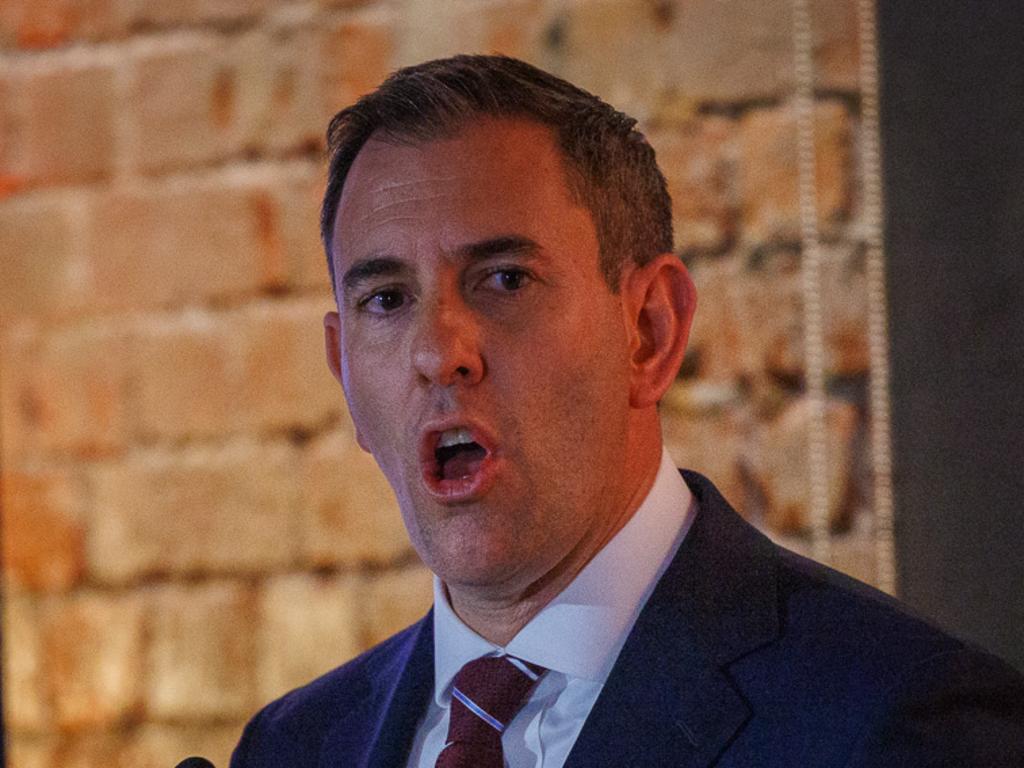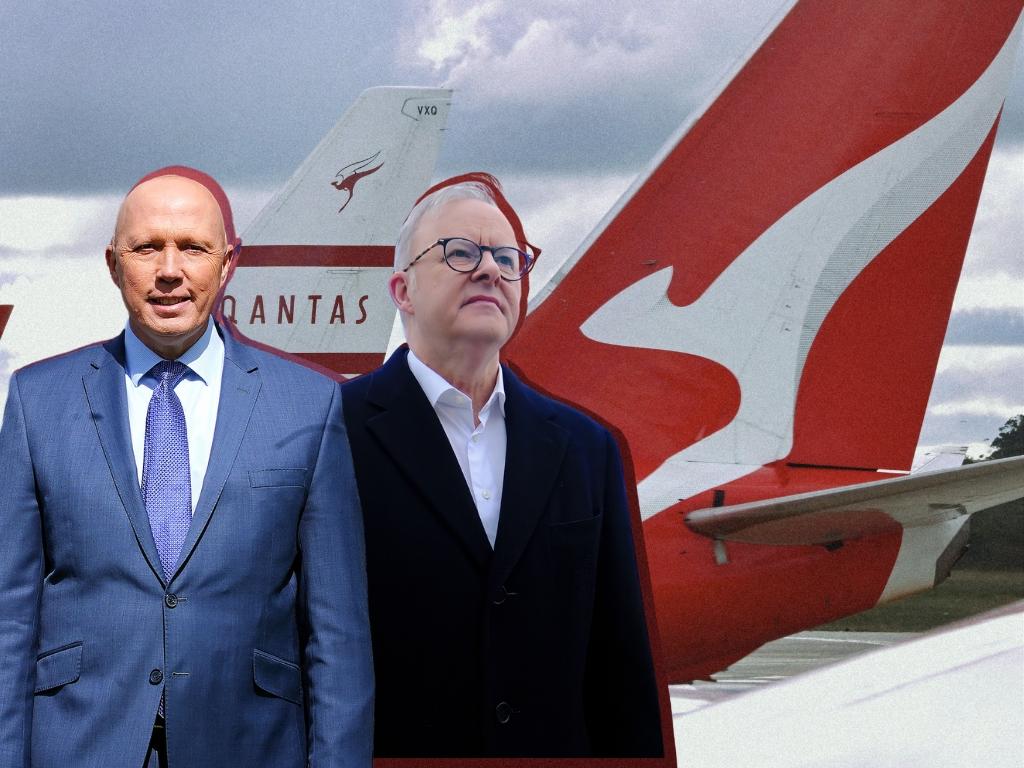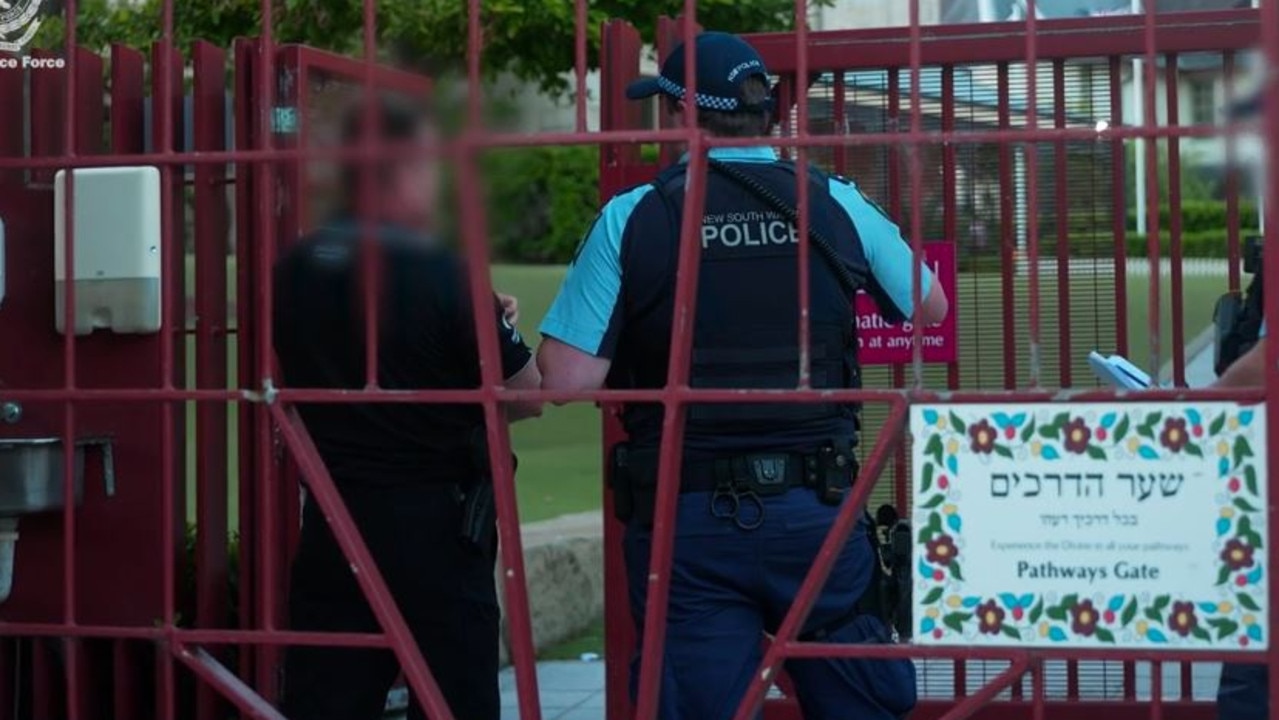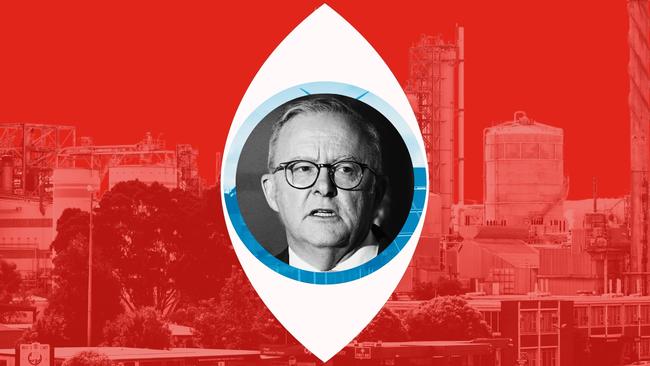
Anthony Albanese called a press conference at the end of last month to update the gallery on his achievements. He insisted the government was making progress, rattling off a series of numbers to prove his point: 80,000 new homes for renters, 40,000 Australians who would be able to buy a home, tens of thousands of new jobs in manufacturing powered by clean energy and 45 pieces of legislation passed by the Senate in a week.
Sadly, only the last one is an actual figure. The rest were plucked out of thin air to sex up government announcements such as the Housing Australia plan (1.2 million new, well-located homes by the end of the decade) and the $22.7bn Future Made in Australia plan.
The problem for our gunna-do Prime Minister is that he’s running out of time. Plans are all very well for oppositions but governments get rewarded on results, and a mountain of subprime legislation rushed through parliament before the Christmas deadline doesn’t cut it.
The Future Made in Australia plan was launched on April 11. Albanese said his government was “investing in manufacturing to make more things here … building an economy with more secure work and fairer wages”.
The timing was awkward. A week later, Australia’s only polyethylene manufacturer, Qenos, called in the administrators. The company’s plants at Botany, NSW, and Altona, Victoria, have since been closed with the loss of 700 Australian jobs.
In 2023, in the first full year of this pro-manufacturing administration, Australia kissed goodbye to the manufacture of white paper when Opal Australian Paper closed its plant at Maryvale, Victoria. The manufacture of facial tissues and napkins was also pushed off shore when the Sorbent Paper Company closed its plants at Box Hill, Melbourne, and Greystanes, Sydney.
In the second full year of the Albanese government, the forces ravaging domestic manufacturing turned on plastic.
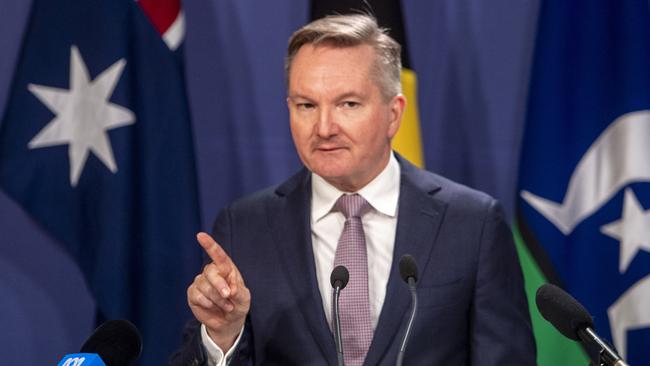
More than 80 years of petrochemical manufacturing at Botany have come to an end. Feedstock sourced from the Cooper Basin in South Australia, which had been producing 250kT of ethylene a year for domestic and export customers, will no longer be required. The polymerisation plant producing 70kT a year of low-density, moisture-proof, flexible, transparent, hygienic and recyclable polyethylene has gone forever.
For some, the end of domestic plastic bag manufacture will be seen as a virtuous sacrifice. Those with a greater understanding of the plastics supply chain will think otherwise. Iconic Australian brands in the packaging sector face higher costs and less reliable supply.
Qenos polyethylene also was used in rotationally moulded products such as water tanks, moulded plastic products including wheelie bins, and the lining for milk and juice cartons. If green manufacturing jobs are being created, it’s not immediately evident from the statistics.
Albanese inherited a contracting manufacturing sector just like every incoming prime minister since Malcolm Fraser. He has failed to reverse the trend. The proportion of manufacturing jobs in the workforce has halved since the start of the century. It has fallen from 6.25 per cent in February 2022 to 6.06 per cent in November. Manufacturing output as a proportion of GDP fell to 5.39 per cent last year, the lowest level since records began.
It would be wrong to accuse the Albanese government of slacking off entirely on the job-creation front. The tens of thousands of manufacturing jobs may be a mirage but the 91,000 new positions that have opened up in the growth sector of public administration and safety are real. These are government jobs where duties include enforcing the kinds of regulations the Albanese government has been churning through the Senate.
In truth, the Future Made in Australia plan was not about creating jobs any more than the Biden administration’s Inflation Reduction Act was designed to control the cost of living. The primary goal of these Orwellian-named schemes is to misallocate public funds to dubious projects to tackle climate change.
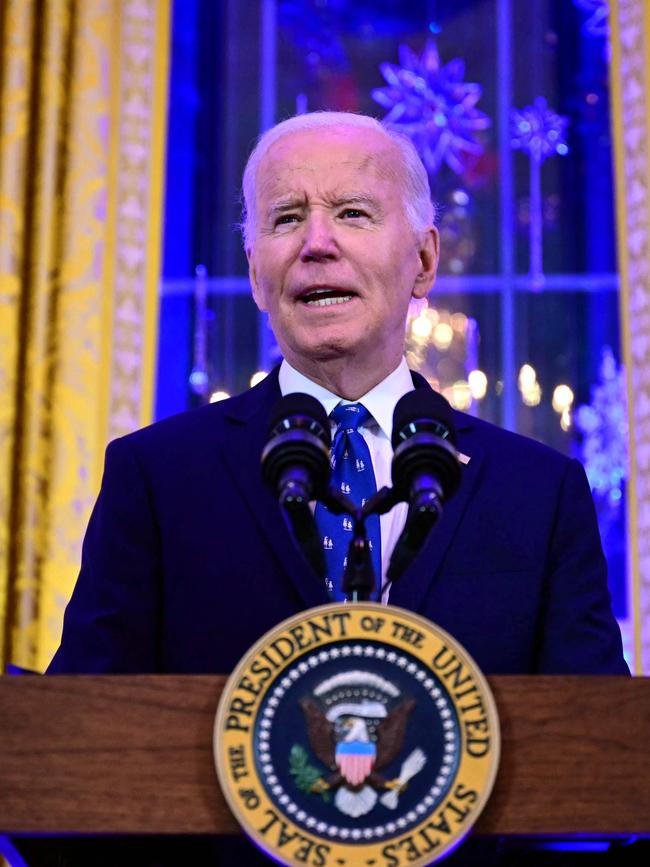
Like the Ministry of Peace and the Ministry of Plenty in George Orwell’s Nineteen Eighty-Four, the Green New Deal projects achieve the opposite of what their names imply. Government spending fuels inflation, and messing with our energy supply kills jobs.
The price of gas was one of the most significant factors that made Qenos’s operations unprofitable. The expansion of liquefied natural gas exports, the decline of southern gas production, the failure to plan new gas facilities and the insidious campaigns by green groups have tripled the spot price of gas in NSW and Victoria from around $4 a gigajoule a decade ago to more than $12 today.
If our Energy Minister had made increasing the gas supply his priority rather than smothering the countryside with turbines and silicon, there might have been light at the end of the tunnel.
Chris Bowen, however, is not a drill-baby-drill kind of guy. The light at the end of his tunnel is illuminated with intermittent renewable energy which, he assures us, will provide energy cheap enough for industry to flourish.
The results from experiments into a renewable-only future have not been encouraging. King Island, the Saudi Arabia of wind, runs on 65 per cent renewable energy. The federal government has invested millions of dollars in public money to up that to 100 per cent with batteries and other technology. If Bowen’s calculations were correct, King Island would be a green manufacturing paradise. Sadly, it’s not.
In September, the Canadian owners of King Island Dairy announced that manufacturing would close by the middle of 2025. Saputo says it has pulled out all the stops to keep the dairy running, including selling it to a third party. Nothing doing, however.
This will probably be the last Christmas Australians will be able to enjoy Roaring Forties blue or Cape Wickham double brie on their cheese plates.
Australia’s descent into a manufacturing wasteland was not part of Albanese’s plan at the 2022 election, when he cited modelling by RepuTex, saying it was the most exhaustive piece of research commissioned by any federal opposition since Federation. That document is remembered most for its confident forecast that electricity prices would fall by $275 a household by 2025 under Labor’s plan.

There were other howlers, such as the promise of 600,000 new green jobs, with four out of five in the regions.
Unwarranted faith in grand planning is one of the principal errors of socialism outlined in Friedrich Hayek’s 1988 treatise The Fatal Conceit, which contains a prescient warning for gunna-do prime ministers. “The task of economics,” writes Hayek, “is to demonstrate to men how little they really know about what they imagine they can design.”
Ending this Christmas week column on a redemptive note would be nice. Yet the Prime Minister’s holiday reading list, revealed in Troy Bramston’s annual survey of politicians’ bedside tables, does little to inspire hope that he might return in the new year having discovered the error of his ways.
There is no room for Hayek, for example. Instead, the Prime Minister has plumped for Jimmy Barnes’s Highways and Byways.
Our hopes this summer rest with Taylor Swift, of whom Albanese is a fan. We can only hope the Swiftie classic Evermore is on his playlist since it summarises in 13 words what Hayek took several volumes to explain: “Just because you made a good plan doesn’t mean that’s what’s gonna happen.”
Nick Cater is a senior fellow at the Menzies Research Centre.



